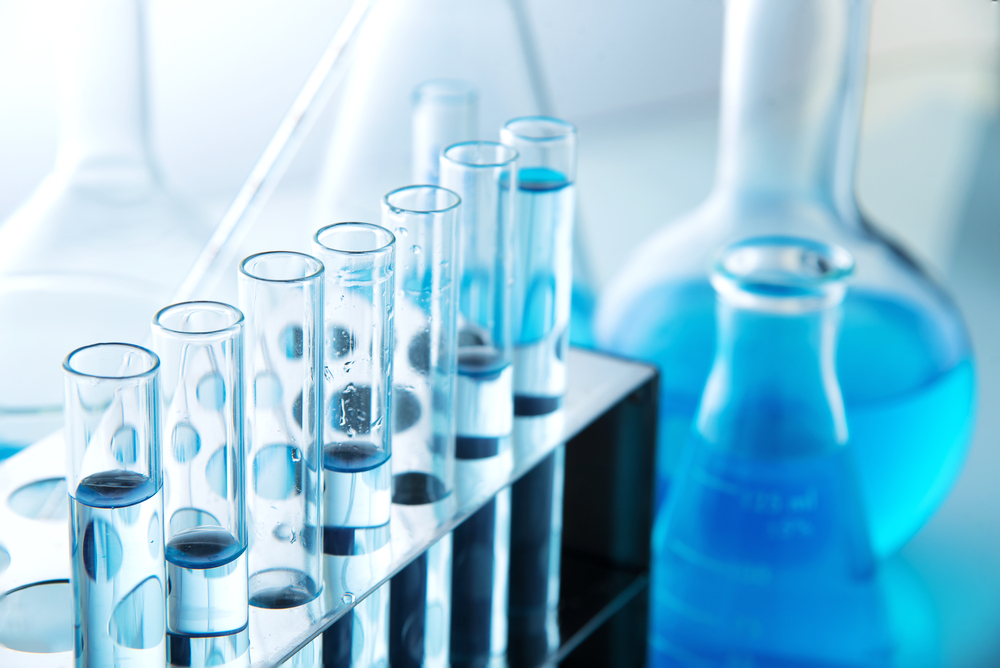Course Details
Your Growth, Our Mission

Course Description
The Training Course Will Highlight ?
Training Objective
Target Audience
The course is designed for chemists, lab technicians, chemical engineers, instrument engineers and lab supervisors/managers.
Training Methods
This interactive Training will be highly interactive, with opportunities to advance your opinions and ideas and will include;
- Lectures
- Workshop & Work Presentation
- Case Studies and Practical Exercise
- Videos and General Discussions
Daily Agenda
Module One:
• Introduction
• History & Review
• Chemical Measurement
o Types of methods
o Selection of methods
o Chemical measurement evolution
o Compare duplicate samples results
o Reputability, Reducibility and mean of replicate
o Evaluation of analytical data measurement
o Prerequisites for analytical method validation
• Method Calibration, and Standardization
• Correction of errors and improving Blank
Module Two:
• Calibration Instruments and Measurement methods
o Certificate Reference Material (CRM), choice and preparation
o Degrees of Freedom
o Linearity and Residual analysis in regression
o Blank Correction
o Instruments Calibration and Traceability
o Calibration Procedures, Certificate, and Documentation
Standard calibration curve
Standard addition calibration curve
Internal standard calibration curve
• Characteristic and steps of Method validation
o Selectivity
o Specificity
o Tolerance
o Linearity, Correlation Coefficient
o Accuracy & Precision
o Reliability (Repeatability, Reproducibility)
o Sensitivity, Detection Limit (LOD)
o Dynamic Range (LOQ, LOL, and LUR)
o Robustness
Module Three:
• The Evaluation of Results and Methods
• Errors in chemical measurements
o Systematic, Random, and Gross errors
o Errors in Qualitative and Quantitative Analysis
o Correction of errors and improving accuracy
• Measurement Uncertainty in chemical measurements
o Difference between Error and Uncertainty
o Why we have to used uncertainty in Measurement
o Sources of uncertainty in measurement
o Rationale of uncertainty
o Standard Deviation and Relative Standard Deviation
• Normal Distribution (Gaussian) Curve
• Confidence Limits (Intervals) CL
Module Four:
• Measurement Uncertainty in chemical measurements
o Tiered approach for uncertainty analysis
o Methods for uncertainty characterization
o Recommendations of ISO 17025 for uncertainty
o Steps in Uncertainty Assessment
o Combining Uncertainties
o Expanded uncertainty
o Round Uncertainty
o Procedures for estimating measurement uncertainty
“Bottom-up” method GUM
“Top-down” methods
Monte Carlo method – an alternative to GUM
Module Five:
• Normal Distribution (Gussian Distribution curve)
• Statistical Process Control (SPC) & Control Chart
• Practical exercises for Inter-Laboratory Performance test
o F-test
o T-test (Student’s t Distribution test)
o Q-test
o Z-score
• Practical exercises for Uncertainty& Control Chart
o Manual Calculation for Uncertainty
o Used Excel Function for Uncertainty
o Drawing Control Chart by Excel
o Proficiency Test Calculation
o Significant Figure & Rounding
Accreditation
BTS attendance certificate will be issued to all attendees completing minimum of 80% of the total course duration
Quick Enquiry
Request Info
Related Courses
Your Growth, Our Mission

